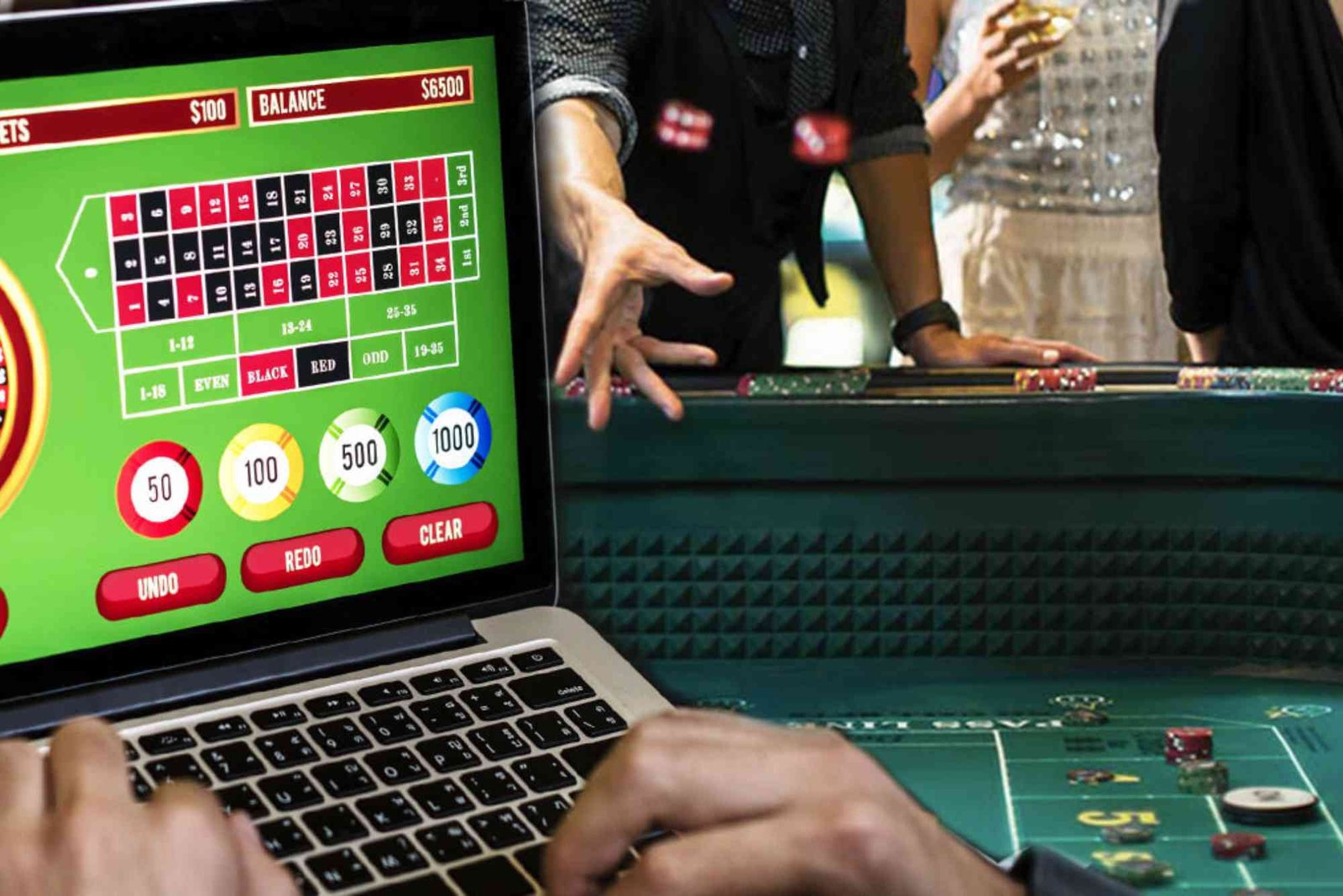Casinos—whether online or land-based—have always been designed to keep players engaged for as long as possible. From flashing lights to endless rows of slot machines, everything in the environment is aimed at encouraging you to stay, play, and spend. But in recent years, as regulators and operators have started focusing more on responsible gambling, one particular measure has drawn attention: time limits.
The question is, do time limits on casino games actually change player behavior? Or are they just a token gesture to show that casinos are taking player welfare seriously? Having observed the gambling industry evolve over the years, and spoken with both players and operators, I believe time limits can make a difference—though not always in the ways you might expect.
How Time Limits Are Introduced
Time limits can be implemented in several ways. In some cases, casinos introduce mandatory restrictions where a player’s session automatically ends after a fixed duration, such as 60 or 90 minutes. In others, time limits are optional features that players can activate themselves as part of responsible gaming tools.
These limits may appear as pop-up reminders urging players to take a break, or in more extreme cases, they might lock a player out for a specified period once the session expires.
The idea is simple: break the spell of immersion. Gambling is most effective when players lose track of time, so any reminder or restriction that brings them back to reality has the potential to alter their behavior.
The Psychology Behind Session Control
From a psychological perspective, time limits are designed to disrupt what’s known as the “flow state.” When players are fully absorbed in a game, they often lose awareness of how much time or money they’ve spent. By inserting an interruption, casinos essentially force players to make a conscious decision: do I stop now, or do I continue?
Research in behavioral psychology shows that these pauses can be surprisingly effective. Even a small break allows players to reassess their spending and fatigue levels, which often leads to more cautious decisions.
I’ve personally spoken with players who admitted that time reminders saved them from losing more than they intended. Others, however, felt annoyed by the interruptions and simply logged back in after the session expired.
Do Time Limits Reduce Gambling Harm?
This is where the debate becomes more complex. On one hand, time limits do help some players step back and avoid chasing losses. On the other hand, players determined to continue gambling often find workarounds, such as moving to another site or switching to a different device.
This highlights an important truth: time limits aren’t a cure-all. They are most effective when combined with other responsible gambling tools like deposit caps, wager limits, and loss notifications. Alone, they provide a speed bump rather than a roadblock.
Still, even a speed bump can be useful if it gives players a chance to reconsider their decisions.
The Role of Online Platforms
Online casinos have more flexibility than land-based establishments when it comes to introducing time controls. Digital platforms can track session lengths precisely and provide customizable options for players. Many now allow users to set their own limits before playing, making the experience more tailored to individual needs.
This has become particularly relevant with the rise of mobile gaming, where it’s easy to dip in and out of sessions throughout the day. Without limits, short sessions can quickly snowball into hours of continuous play.
Online casinos that take these tools seriously often gain credibility among cautious players. In fact, many of the most trusted platforms—including top credit card casinos—make responsible gaming features a central part of their offering. This combination of convenience in payments and safeguards in gameplay helps balance entertainment with accountability.
Real-World Examples of Impact
In countries like Sweden and the UK, regulators have mandated session reminders and enforced strict advertising around responsible gaming. Early studies suggest these interventions do influence behavior, though results vary widely. Some players reduce their spending after repeated reminders, while others appear unaffected.
What’s clear, however, is that awareness increases. Even players who ignore reminders are forced to confront the fact that time is passing and money is being spent. This alone can nudge behavior in subtle but meaningful ways.
I’ve seen firsthand how players approach games differently in regulated markets compared to unregulated ones. In stricter jurisdictions, people are more conscious of session length and wagering patterns, which makes the environment less predatory.
The Future of Time-Limited Play
As technology evolves, we’re likely to see even more sophisticated tools for managing player time. Artificial intelligence could play a role by detecting risky behavior patterns and triggering personalized limits before harm occurs. Virtual reality casinos, which are still in their infancy, may incorporate built-in time caps to prevent excessive immersion in hyper-realistic environments.
The challenge for operators will be balancing responsibility with enjoyment. Too many interruptions could frustrate casual players and drive them away, while too few could leave vulnerable players unprotected.
In the long run, I believe time limits will become as standard as deposit caps or identity checks. They may not solve every problem, but they represent an important step toward a more sustainable gambling industry.
Final Thoughts
Do time limits on casino games change player behavior? The answer is yes, but with caveats. They’re not a silver bullet, nor are they completely ineffective. Instead, they act as a valuable nudge—one that helps players regain perspective, even if only briefly.
For casual players, these limits may simply serve as a gentle reminder. For those at risk of losing control, they can be a lifeline. Ultimately, the effectiveness of time limits depends on the broader context: how they’re implemented, how players respond, and how seriously operators treat responsible gaming.
The future of gambling will always involve finding the right balance between entertainment and safety. And time limits, though imperfect, are one of the more promising tools we have in achieving that balance





